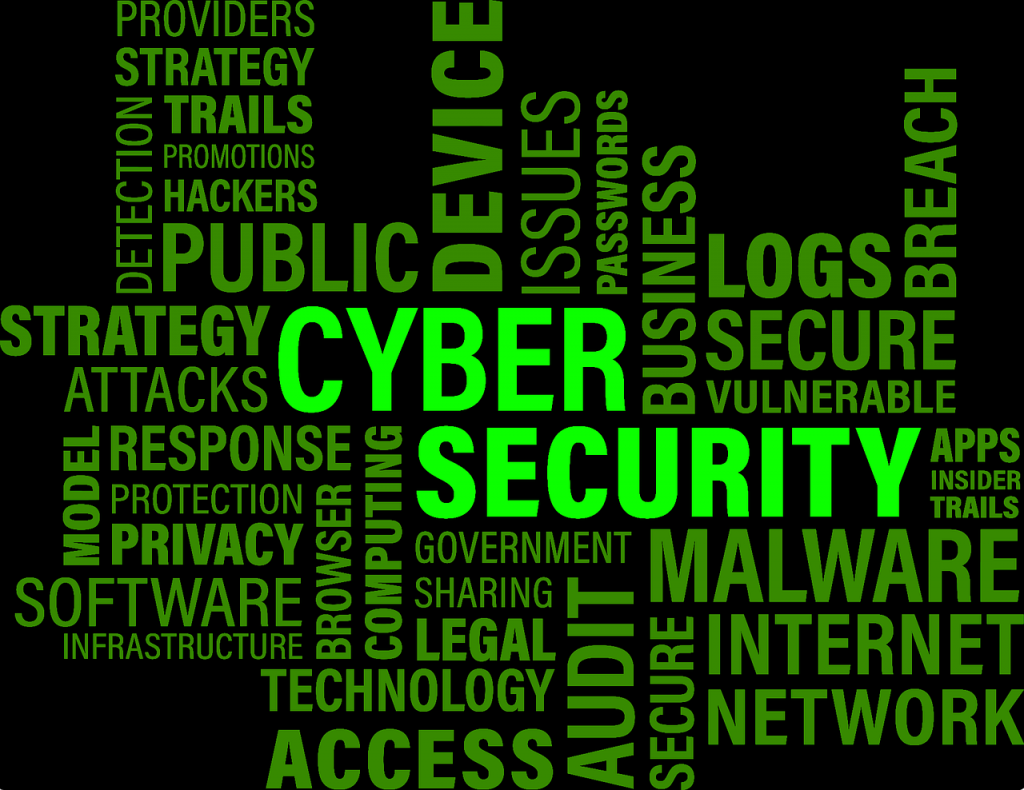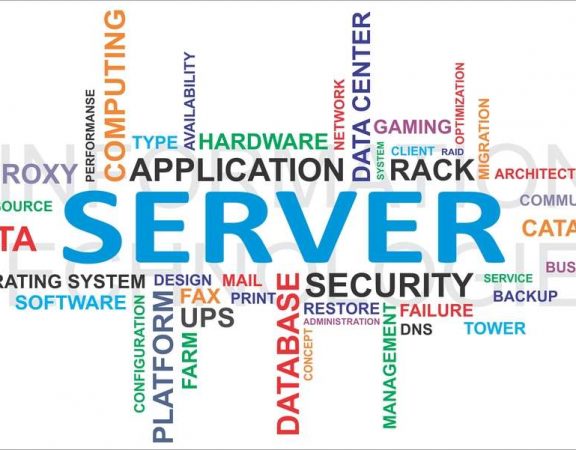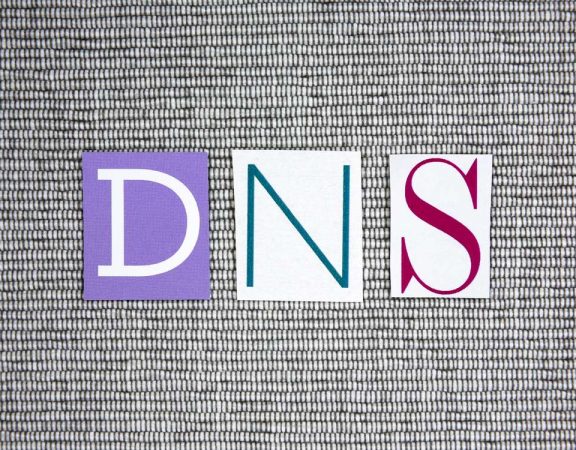Browsing the internet is becoming more and more dangerous these days. Not only are cyber criminals a major risk, but you are also exposing yourself to government surveillance programs when you browse the net. But perhaps one of the biggest annoyances many netizens face is content blocked by region. The internet is supposed to be free, so it’s rather infuriating to find that some websites are blocked simply because of your location. There are two main types of services that offer privacy and increased access for people who want to browse the net freely. These are VPNs and Smart DNS Proxies. Proxy services tend to be more common and cheaper. If you are wondering what the big deal about free smart DNS proxies is, read below to learn more about this tool.
What is a Smart DNS Proxy?
To understand what a Smart DNS proxy is, you first need to know how your computer (or any other device) connects to the web. The internet, as you know, is a huge network with millions of connected devices. Your computer cannot log in to this network directly. That’s why you have to buy an internet service package from a local internet service provider, or an ISP. The ISP has servers that connect your computer to the net.
When you send a request to access a particular website on your browser, the request goes to a domain name server. The DNS connects textual web addresses that people understand to the numerical addresses that machines understand. Your ISP assigns a DNS to your connection. So when you try to access a website on your browser, the request goes through the ISP’s DNS, which sort of exposes the sites you are visiting the ISP.
A Smart DNS proxy is a tool to bypass this ISP DNS server. When you use a smart DNS proxy, the web traffic generated by your browser is forwarded not the ISP’s DNS server, but to a proxy server. This proxy server uses what’s called a DNS forwarder that can get you access to domain names without the ISP. This is particularly useful when accessing geographically blocked content that the ISP has to deny access to.
It should be noted that not all traffic generated from your computer will go through the Smart DNS proxy. Only specific requests will be intercepted, such as for a geo-blocked website. For example, if you are trying to access BBC iPlayer from China, your browser will automatically redirect your request via the Smart DNS to unblock the restricted videos. The traffic rerouting is done in the background, so your work will not be interrupted.
You can purchase a Smart DNS proxy for a monthly fee, or you can use one of the many free proxies as well. You don’t need to download software to use a proxy server. Also, Smart DNS services are a lot cheaper to use (or sometimes free) than VPN packages.
Are Smart DNS Proxies Legal?

So is it legal to reroute certain traffic requests using a proxy DNS server? In simple terms, yes. Rerouting traffic through DNS servers is rather common. Even Google offers a free DNS server address that anyone can use freely.
No specific laws are banning your access to blocked content. However, there’s a notable exception for illegal content. If you are trying to access a website for any activity that your country deems criminal, then it will be illegal regardless of whether you use a Smart DNS proxy or not. Using a proxy itself is not illegal.
While using a proxy server is not an arrestable offense in any manner, some countries do try to limit access to Smart DNS services. For example, China, India, Saudi Arabia, Indonesia, UAE, and Thailand use transparent proxies to hinder netizen access to proxy servers. Some ISPs do something called “DNS hijacking” that prevent the DNS server from rerouting traffic through a proxy server. But all these are examples of governments trying to limit access to proxy servers, not instances where using a proxy DNS is illegal.
What Can You Do with a Smart DNS Proxy?
Smart DNS proxies are quite popular, so you may wonder why so many people are using these. The main reason many people use this service is to get access to geo-blocked content. If you are a streaming fan, you may notice that some of your favorite websites, like Netflix, Hulu, and BBC iPlayer for example, sometimes block content depending on your location. You may be able to watch Star Wars Episode VII on Netflix while in the U.S., but not when you are traveling in Russia. International copyright licensing issues prevent media content from being universally available in all countries. So streaming services block content based on your physical location. Using a Smart DNS can get you around this issue.
Websites can determine your location based on the IP address attached to your device. When your device sends traffic through an ISP, a website can tell where the ISP, and your device, is located. Some sites use this information to block content restricted in the country you live. Smart DNS uses proxy servers not associated with a particular location. So you can trick a website into believing that you are in an unrestricted country. For example, you can use a proxy server to tell Netflix that you are in the U.S. and get full access to the library when in reality you are vacationing in China.
You can get access to other such blocked content. If your government is banning access to certain news websites or blogs, for example, you can use a Smart DNS proxy to bypass local ISPs and get access.
The Pros of Using a Smart DNS Proxy
Here are the benefits you can enjoy with a Smart DNS proxy:
- Get quick and easy access to geo-blocked content
- Access blogs, news sites, and other websites censored in your country
- Get access to the complete U.S. Netflix library regardless of your physical location
- Avoid paying extra location-based prices when shopping online (for example, Australians can avoid certain import taxes shopping sites add to the final bill)
- Have access to all your favorite websites when traveling abroad
- Bypass restrictions for social media sites imposed by your employer or school
- You don’t have to download bulky software to get access to geo-blocked content
- Smart DNS proxies work faster than VPN servers
Are Smart DNS Proxies Safe?
As you can see from the above list, Smart DNS proxies offer many perks for those who want to get access to blocked websites. However, it’s important to understand what Smart DNS proxies don’t offer as well.
Many people think that using a proxy server is a way to stay anonymous online and protect sensitive data. This is a major misconception. Smart DNS services do not protect your privacy when browsing the web. That’s what VPNs do. VPNs encrypt data passing through the service. Smart DNS proxies do not have this ability. You cannot use a proxy server, for example, to access public Wi-Fi safely as with a VPN.
Also, using a Smart DNS proxy will not hide your online activity from your ISP. The ISP will notice that you are using a proxy for certain websites. The proxy server does not redirect all traffic, so most of the sites you visit will be logged by your ISP.
There’s also the issue of the trustworthiness of the service you use. You should purchase the service from a reputable vendor. Sometimes hackers, cyber criminals, and even spy agencies like the NSA set up free proxy servers for people to use. A spy agency will monitor your web activity when you use one of these “honeypot” servers. Cyber criminals may use far more sinister methods and trick you into installing malware on your computer.
Dubious proxies also redirect users to fake websites. If you are using a DNS to access PayPal for example, a questionable proxy could redirect you to a site that looks like PayPal and steal your credit card information. This can happen with social media sites as well. If you use an unknown proxy to access Facebook, the owners of the proxy could steal your passwords and personal information.
So using a Smart DNS proxy is not entirely risk-free. Safety depends on how good the service you choose is. Read below to find out how to choose a reputable Smart DNS service to enjoy the perks and avoid the risks.
How to Choose a Safe and Reliable Smart DNS Server
Now you know the risks of using a dubious proxy server, here are several tips on how to choose a good Smart DNS proxy:
- Always choose a Smart DNS provider that is reputable and reliable. Read user reviewsfor the company to understand how good the services are. Look for professional reviews of the business or service as well to better understand its quality. Also, read the fine print of any contract you sign when paying for monthly services.
- Do not use a Smart DNS proxy if you want better privacy online. Proxy servers cannot encrypt data or hide your online activity. Any service that makes such promises are fake. If you want enhanced online privacy, buy a VPN package.
- Avoid using free proxy codes you see on YouTube or other websites to access blocked content. These DNS codes could be associated with cyber criminals or online snoopers.
- Always buy a Smart DNS package with technical support. If a company offers support, then it’s largely a reliable one.






